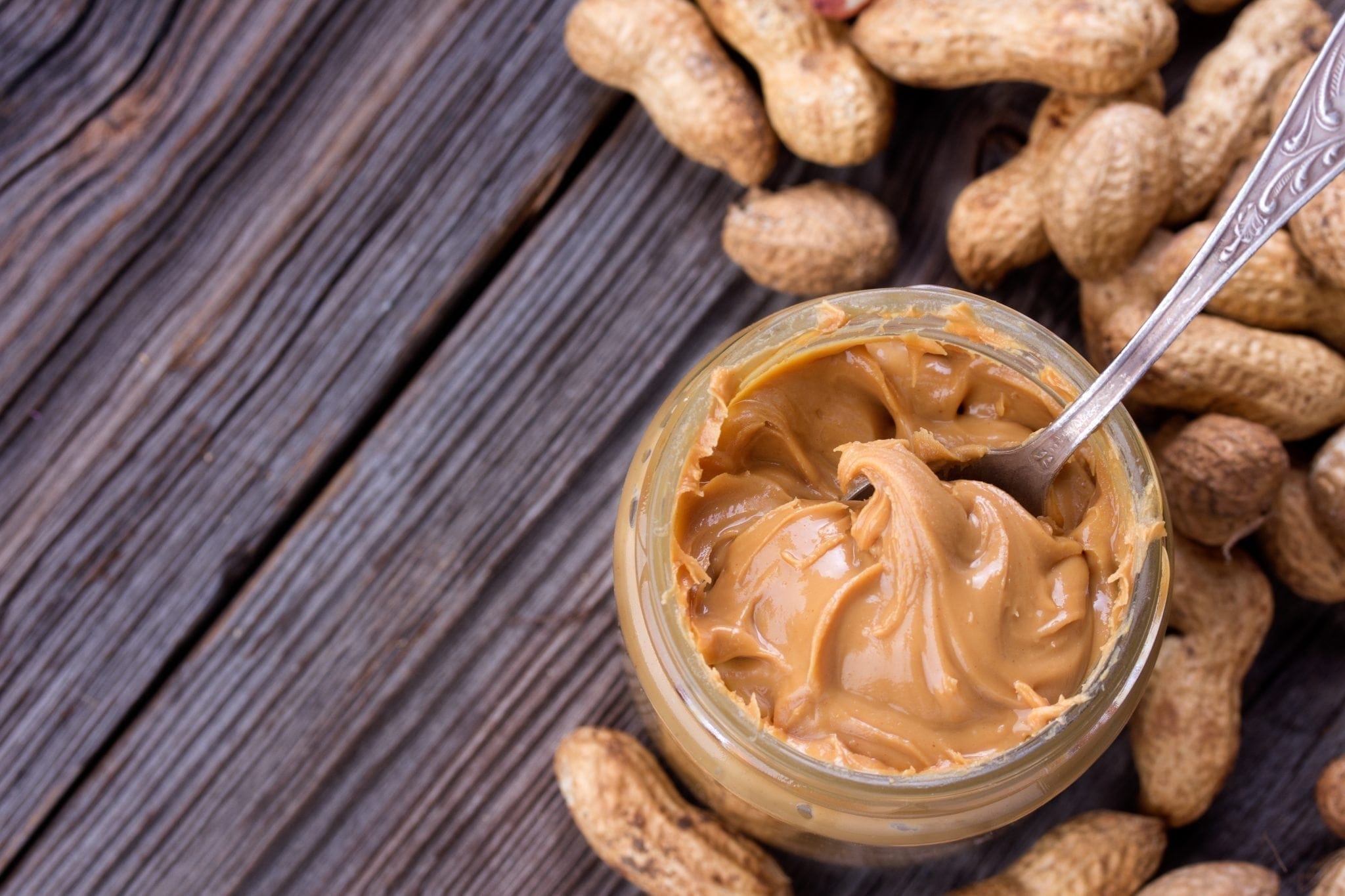A new study published in the New England Journal of Medicine revealed some good news about peanut allergies: There may be a way to prevent them.
The findings of this landmark study, a randomized control trial (the gold standard of studies) revealed that early consumption of peanuts may actually reduce a child’s risk of developing an allergy to it.
The rate of food allergy (and our allergy awareness) has increased steadily over the past couple of decades. A 2010 study found that the rate of peanut allergy tripled in the United States between 1997 and 2008; more recent figures indicate that number has now quadrupled. Food allergies are quickly becoming a global health concern, with rates increasing in Western Europe, Australia and a more recent emergence in Asia and Africa.
A peanut allergy typically develops early in life, and is rarely outgrown. Children with a family history of peanut allergy, who have eczema and/or are allergic to eggs, are considered to be at high risk for peanut allergies.
Allergic reactions can range from mild to severe. More mild symptoms include itchy skin, hives (ranging from small spots to large welts), itching in or around the mouth or throat and nausea. Severe reactions can cause throat swelling, constriction of the airway, a severe drop in blood pressure, a racing pulse and loss of consciousness.
For many years the advice has been to avoid giving babies foods associated with allergies—peanuts included. The 2000 guidelines from The American Academy of Pediatrics recommended that peanuts be withheld from children at risk of developing allergies until they were 3 years old. But in 2008, the Academy revised their recommendations, stating a lack of scientific evidence to support the earlier recommendation. Unfortunately, at the time, there was no strong evidence to suggest that peanut consumption may help prevent allergies, either; this left both parents and doctors wondering what was the right thing to do.
Study Overview
The study published in the New England Journal of Medicine was conducted in the U.K. and sponsored in part by the National Institutes of Health. It looked at babies aged 4-11 months with eczema and/or an egg allergy, both of which puts the child at high-risk for developing a peanut allergy.
The babies enrolled in the study were assigned to one of two groups. In one group, the families were asked to give their baby peanut-containing products (such as dissolvable peanut puffs or peanut butter mixed into other foods) at least three times a week. The other group was asked to withhold peanut-containing foods until the child turned 5 years old.
Of the 640 babies enrolled, 98% completed the trial. The 13 who did not were unable to tolerate peanuts from the start.
Study Findings
Overall, study results showed that early introduction of peanut products significantly decreased the frequency of peanut allergies among children at high risk for developing this sensitivity. Babies who ate the equivalent of about 4 heaping teaspoons of peanut butter each week were almost 80% less likely to develop a peanut allergy by their 5th birthday. Even counting the 13 children who were unable to complete the study, the data still suggests a strong protective effect from introducing peanuts early on.
These findings are so strong the researchers have decided to continue the trial. Over the next year, they will investigate whether the protective benefits of early peanut exposure are sustained when peanuts are removed from the diet, or whether children need to continue to eat peanut-based foods.
What Does This Mean for Parents?
Before you grab that jar of peanut butter in the pantry, if you have an infant or young child with eczema, egg allergy, or you have a family history of peanut allergy, consult with an allergist or your pediatrician prior to feeding him or her peanut products for the first time. The doctor may request that you come into the office so he or she can help in the event of a more severe reaction.
If you have a child with eczema, egg allergy or have a family history of peanut allergy and your child has been able to tolerate peanut-based foods thus far, it’s likely safe (and beneficial, as this study suggests) to continue feeding him or her these foods. Continue to monitor your child closely for a possible allergic reaction, since food allergies can develop at any time.
If your child is not at high risk for developing a peanut allergy, it’s generally safe for him or her to begin consuming peanut-based foods (such as peanut butter mixed into mashed banana) at the time you introduce him or her to solid foods (around 6 months of age). Make sure to monitor him or her closely, as a food allergy can develop even in the absence of other risk factors.
As always, consult your pediatrician or allergist first if you have concerns about when or how to introduce peanuts into your child’s diet.




